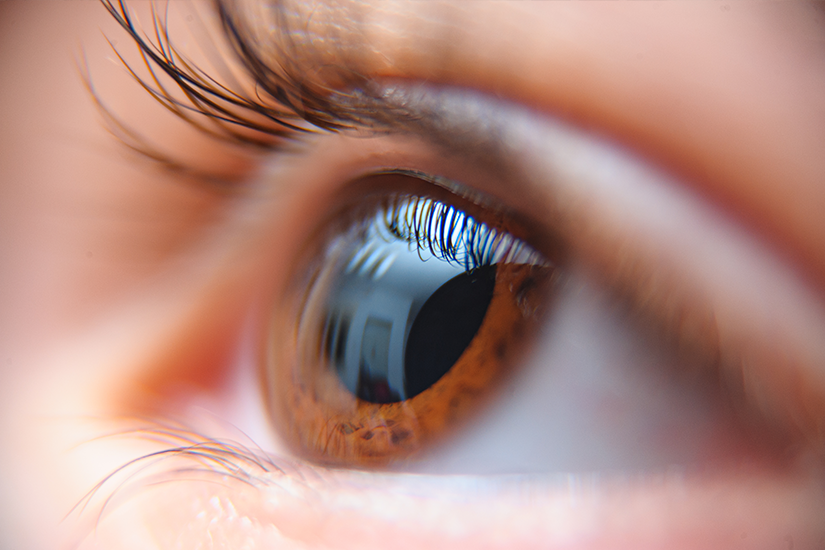- Emergency Ambulance Services
- 8606811111
- 0471-4077777, 0471-7177888
- gro@sutpattom.com
Myths and facts about Down syndrome
Reshmi Mohan A, Child Developmental Therapist, SUT Hospital, Pattom
Down syndrome is the most common genetic disorder that causes intellectual disabilities in humans. One in 800 children is born with Down syndrome worldwide. In 1866, the disease was first explained by Dr. Langton Down and it is named after him. Every year March 21 is observed as Down Syndrome Day.
What is Down syndrome?
Down syndrome is not a disease but a genetic condition. Every cell in the human body has 23 pairs of chromosomes. But children with Down syndrome have an extra chromosome in 21st pair, instead of two. It is also named as Trisomy 21.
What are the features?
Children with down syndrome presents with some physical and intellectual differences compared to other children. They may experience delays in achieving developmental milestones such as neck control, walking, talking, and cognitive development.
Physical characteristics that should be observed for Down syndrome are:
- A flat Nasal bridge
- Single Palmar crease
- Upward-slanting eyes
- Protruding tongue
- Decreased muscle tone
- Congenital heart disease
- Vision and hearing impairments
- Frequent ear and sinus infections
- Thyroid disorders
- Gastrointestinal issues
- Neck bone instability
- Small ears
What are the causes of Down syndrome?
Down syndrome is not a hereditary disorder but a genetic condition that can occur in any pregnancy. The most common risk factor is the age of mother. If the mother’s age is over 35, the chances of Down syndrome are one in 30 children. But it can also happen regardless of age.
Diagnosis and Treatment
Screening tests like triple test, quadruple test and ultra sound scanning are available during pregnancy. If there is an abnormality in the screening test, amniocentesis and Chorionic Villus Sampling (CVS) are advisable for confirming the disorder. Karyotyping is a definitive test that confirms Down syndrome both before and after birth.
Down syndrome is a genetic disorder so it cannot be cure. However, a multidisciplinary approach involving Paediatricians, Cardiologists,
Ophthalmologists, Child Development Therapists, and Surgeons will helps t manage the condition accordingly. Regular health screenings helps a lot to understand the condition.
The average intellectual development of individuals with Down syndrome is 8-9 years. But, it can vary from person to person. Children with Down syndrome are very friendly and affectionate towards others. Each of us should try to support such children and their families without isolating them or making fun of them in the public. Down syndrome support groups help with this to an extent.









